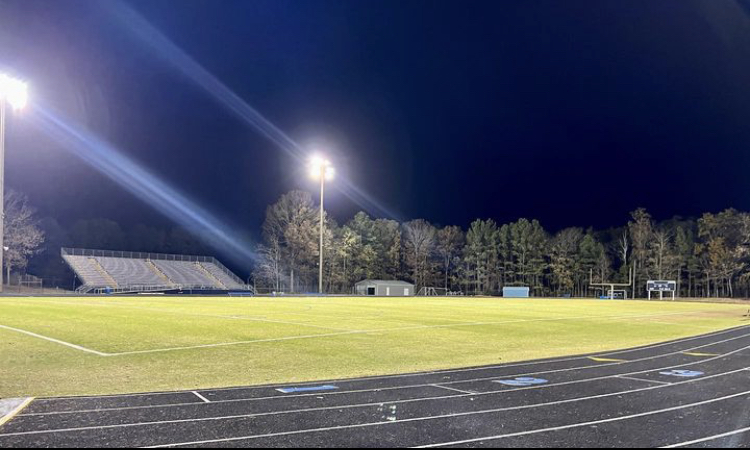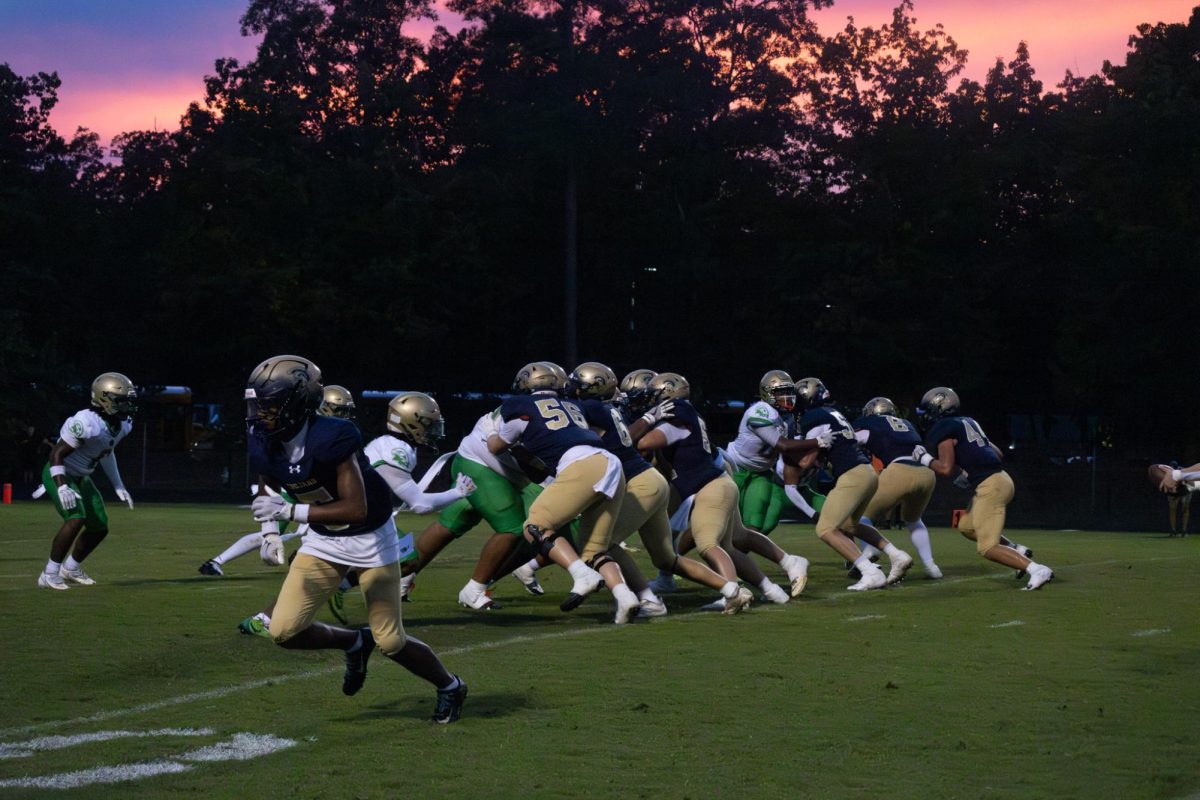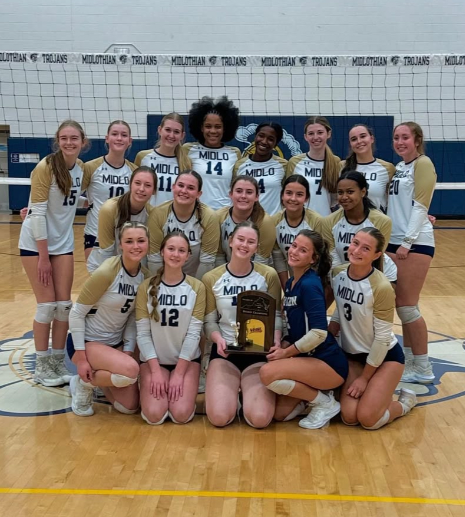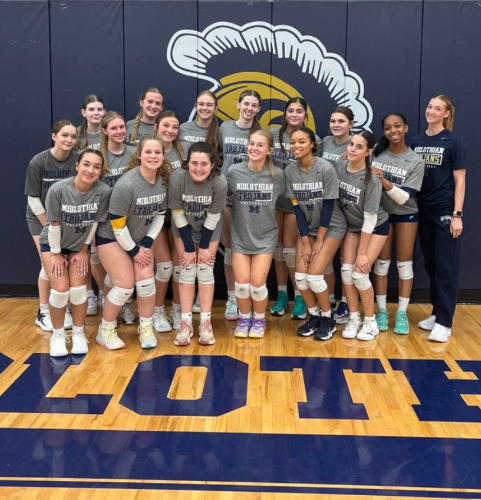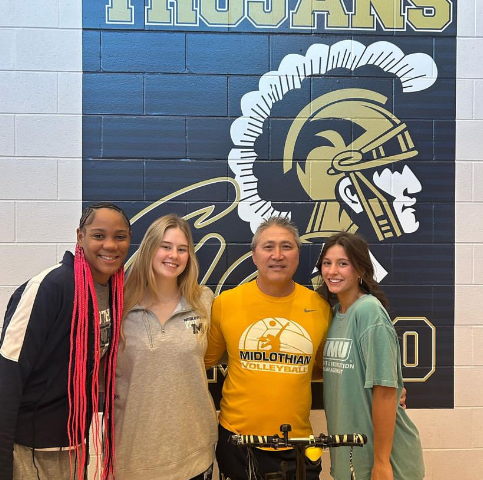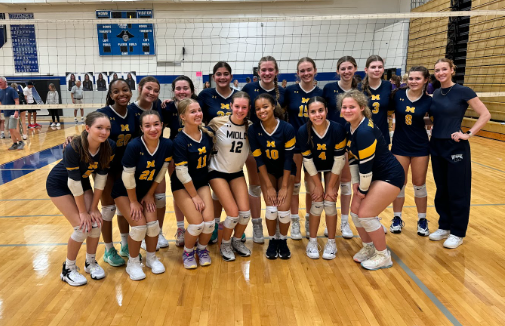Coaches such as Matthew Hutchings, Chad Porter, and Stan Morgan had a huge impact on Midlothian High School sports. As time continues to progress, many high school coaches have decided to leave their spot as a coach voluntarily instead of getting fired. In recent memory, former high school coaches have taken it upon themselves to either join another team or fully commit to another field of employment for financial purposes.
Coaching is a volatile profession that involves challenging responsibilities in terms of focusing on the strengths and weaknesses of a high school player. For this reason, there are moments where coaches are inadvertently projecting anxiety onto their players because of wanting to maximize their potential while having built up pressure to win on a consistent basis. Former Midlothian Boys’ Soccer Coach, Chad Porter, dealt with this ongoing problem during the concluding stages of his tenure with the Trojans.
“I had a great time coaching the hundreds of players that walked the doors of Midlothian High School,” Porter said. “However, towards the end of my tenure their was an unfortunate breaking point due to high expectations that were not met consistently enough(i.e not making it to the state finals). Because of this, we had to move into a different direction and I am glad this team is succeeding with Coach Garza.”
Coaches like Porter understand that this can have a negative effect on a player mentally and physically throughout the course of a grueling season. Because of this, other coaches in the Midlothian area expounded on how this can generate a domino effect from player to player on a particular roster.
“Coming from experience, if you don’t have the right system for your players to be the best that they can be, it leads to the domino effect where one player will perform worse, then another starts to shut down, and then it become ongoing problem throughout the entire season,” Boys’ Tennis Coach John Dinardi said.
“Coaching a team that is reaching a mental roadblock and thus affecting their performance on the field or court is the hardest part of coaching,” Baseball Coach Brad Chambers said. “When my Baseball team went on a seven game losing streak this year, it was my job to re-adjust the gameplan while putting the rest of the roster in the right state of mind mentally to compete. A lot of high school coaches do not have the leadership qualities to do that; thus being the reason why many coaches are just deciding to mutually part ways and join another team that doesn’t have those mental breakdowns.”
In addition to this, many high school coaches are teachers that are typically hired as physical education teachers. This is important to understand because qualified coaches that don’t have a secondary job are hard to find;therefore, you have a variety of coaches around the world that are juggling responsibility as far as being a coach and being a high school teacher. Midlothian Boys’ Basketball Coach, Jarhon Giddings, spoke on the challenges that comes with being a coach and teacher and why some people can’t handle it for multiple years.
“As a Health and Physical Education teacher myself, I have found a great balance between teaching and coaching the Basketball team for an extended period of time,” Giddings said. “With that being said, there are many coaches that I have come in contact with who have a difficult time performing both roles which can inevitably cause conflict. There are many other contributing factors for coaches deciding to resign after said year, but that has been something I have seen personally over the past half decade.”
This role conflict inevitably bleeds into having a compacted schedule during the weeks and months of the year. Role conflict as a high school coach comes in forms such as work/family, multiple coaching positions, and being secondarily employed in another job. Former Trojan Coach Matt Hutchings and newly hired coach Phillip Gross opened up about how having they’ve had to change their schedule around just to make time for a certain task during the year.
“You know what you signed up for when taking another leadership role at a school,” Coach Phillip Gross said. “Committing to taking another role means that your willing to handle the amount of responsibilities that come with it while being able to make the necessary sacrifices. If you’re not willing to make those sacrifices, then you shouldn’t even be thinking of taking on another important role.”
“Throughout my time with the Varsity Football team, there were many times where my own teaching job was overlapping with my coaching job and family business,” Matt Hutchings said. “I was mature enough to handle having that role conflict from time to time, but me deciding to step down had a lot to do with the fact that I just wanted to spend more time with my family.”
Because of the turnover rate for high school coaching continuing to increase, there will never be a way to truly pinpoint why high school coaches consistently step down. On top of that, with the number of schools around the world who don’t have the requisite amount of staff members, it is going to become significantly more challenging to find people who can fill in those high school coaching vacancies over the coming decades.
“Around 60-70% of schools had coaches who voluntarily left their profession,” Stan Morgan said. “As we continue to go through the years, as a society we have to make sure we are finding the right staff members that can not only adequately teach our high school students, but can adequately develop our high school athletes both mentally and physically.”


